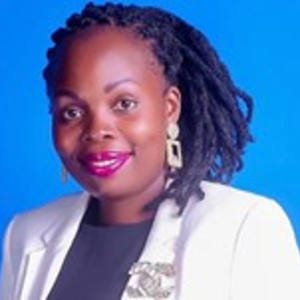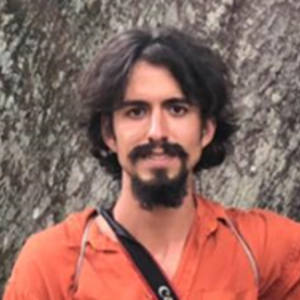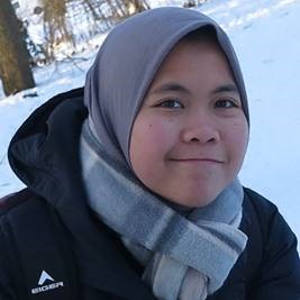ID-RECCO stands for “International Database on REDD+ projects and programs: Linking Economics, Carbon and Community”.
ID-RECCO is a database that was established in 2014 through a collaborative project by CIFOR (Bogor, Indonesia), Climate Economics Chair at Paris-Dauphine University, Paris, France), CIRAD (Montpellier, France) and IFRI at the University of Michigan (Ann Arbor, United States). Since 2018, it is hosted and maintained by CIFOR.
ID-RECCO was developed to improve knowledge on REDD+ projects and jurisdictional programs by gathering publicly available data on REDD+ projects. We hope it will be particularly useful for researchers who work on REDD+ issues, project proponents, potential REDD+ investors, civil society organizations and governments. Information is organized for research and public use.
ID-RECCO identifies and characterizes REDD+ projects and programs across 110 variables on several aspects of REDD+ projects: carbon certification, sources of financing, community-level interventions project proponents and general features of the project.
This database is the largest global data base of REDD+ project in the sense that it contains such a large and detailed amount of information is on REDD+ projects globally. REDD+ actions at different scales.
When it was first developed in October 2014, ID-RECCO identified 410 projects, 57 countries and 362 project proponents. Since then, we have been adding on new projects and updating the status of existing projects. The database was updated in 2016, 2018 and 2020. As of December 2020, the ID-RECCO database contains 624 projects/programs (467 in the 2018 update). Of this, 416 are active.
It is a work in progress, so any constructive input, suggestions, and corrections are welcome. Please contact us.
To learn about the methods and data used for the construction of ID-RECCO, please download the following publication by Simonet and Seyller (2015)
http://www.chaireeconomieduclimat.org/wp-content/uploads/2015/09/15-09-Cahier-R-2015-08-Simonet-Seyller.pdf
2022 ID-RECCO team
The ID-RECCO database is being updated in 2022. The 2022 update team consists of myself (Stibniati Atmadja) as overall coordinator, Mella Komalasari, assistant coordinator, and 3 excellent research assistants (interns and consultants) selected from more than 100 applicants across the world. Our research assistants will be working with us for three months each, starting July. Their bios are below.
 | Rowan Alumasa Alusiola is a master’s student in Environmental Science at the University of Koblenz-Landau Germany and an associate fellow at the Peace Academy Rhineland-Palatinate. She is also an alumnus of Alexander von Humboldt Fellowship for International Climate Protection. She has 10 years of practical work experience in developing, managing, and monitoring programs and policies in the East Africa Region as an Environmental Specialist. She has published on REDD+ conflict and Funding trends for forest conservation during the COVID-19 pandemic. Country of origin: Kenya
|
 | Igor Barboza is a MSc. student based in Spain at the moment. He has an undergraduate degree in Geology from University of Sao Paolo. He is developing his master's degree in tropical forestry management at the Technical University of Dresden. He is interested in The nexus between ecological economy, particularly ecosystem services, carbon markets, and ESG assessments on the risk of deforestation across supply chains. His master thesis will assess the economic impact and potential of ecotourism in the Brazilian Pantanal, the largest wetland in the world, where private smallholders have great capacity and opportunity to both steward the biome and seize the economic benefits it provides. Being part of the ID-RECCO team has been proved so far as a great experience and exercise to understand the fast-growing voluntary carbon market initiatives investing in forest conservation and restoration worldwide. Country of origin: Brazil
|
 | Lia Sartika is a remote sensing and GIS expert for natural resources management and carbon development projects. Lia worked in a Dutch company SarVision as a Project Engineer, where she does research, development, and implementation of operational services in forestry, crop monitoring, and carbon development using radar image time series, field survey data and optical imageries. She supported the spatial modelling on ecosystem services valuation in the UNDP-KALFOR Join Project, which helps local stakeholders identify the potential of environmental services in their region and optimize economic and environmental benefits. She holds a Master of Science from Wageningen University and Research and has a background in ecology and earth observation. Her graduate research was on improving the detection of Sago Palm on peatlands in Kalimantan, Indonesia by combining SAR Remote Sensing and Optical imageries. She is keen to cycle, do nature walks, travel and listen to podcasts and Ghibli music. Country of origin: Indonesia |